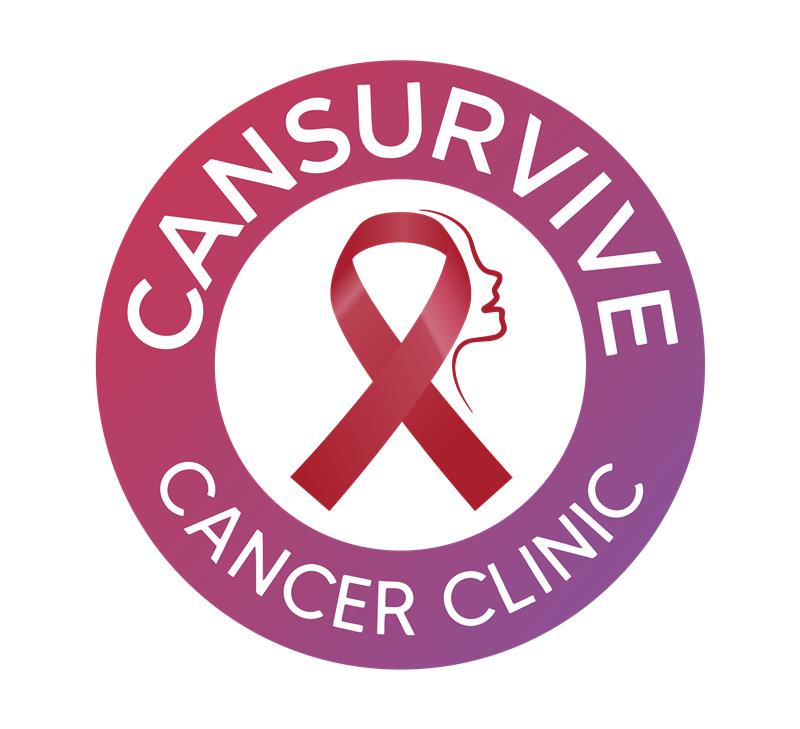Best Throat and Voicebox Cancer Treatment in Pune
Laryngeal (Voice Box) Cancer Treatment & Diagnosis in Pune

What Is Laryngeal (Voice Box) Cancer?
Laryngeal cancer is a malignant tumor that develops in the larynx, commonly known as the voice box. The larynx, located in the front of the throat above the trachea, plays a critical role in speaking, breathing, and protecting the airway during swallowing. Most laryngeal cancers arise from squamous cells, the flat cells that line the larynx.
Cancer develops when these cells undergo genetic mutations, causing uncontrolled growth. Over time, the malignant cells can invade surrounding tissues and, if untreated, may spread to lymph nodes or distant organs. Early detection and treatment by an experienced specialist significantly improve survival and functional outcomes.
Types of Laryngeal and Throat Cancers
Voice box cancers can develop in different anatomical regions of the larynx and pharynx:
- Glottic Cancer: Originates in the vocal cords; early signs often include persistent hoarseness
- Supraglottic Cancer: Arises in the upper larynx, including the epiglottis, which helps prevent food from entering the trachea. Tumors here may affect swallowing and airway protection.
- Hypopharyngeal Cancer: Develops in the lower pharynx, just above the esophagus and trachea. Often diagnosed late due to subtle early symptoms.
- Nasopharyngeal Cancer: Begins in the nasopharynx, behind the nose; commonly associated with Epstein–Barr virus (EBV).
- Oropharyngeal Cancer: Arises in the oropharynx, including the base of the tongue, tonsils, and pharyngeal walls; often linked to high-risk HPV infection.
For detailed management of other throat cancers, see our Oropharyngeal Cancer page.

Risk Factors for Laryngeal Cancer
Certain lifestyle choices and medical conditions increase the risk of developing laryngeal cancer:
Tobacco Use: Smoking or chewing tobacco is the most significant risk factor.
Alcohol Consumption: Excessive drinking increases susceptibility, especially when combined with tobacco.
Viral Infections: HPV and EBV infections can contribute to malignancy in throat tissues.
Poor Diet: Low intake of fresh fruits and vegetables reduces protective antioxidants.
Gastroesophageal Reflux Disease (GERD): Chronic acid reflux may cause repeated irritation in the larynx.
Symptoms of Laryngeal Cancer
Early detection is essential. Consult a head and neck surgical oncologist in Pune if you notice:
- Persistent hoarseness or voice changes
- Difficulty swallowing (dysphagia)
- A lump or swelling in the neck
- Chronic sore throat or throat pain
- Coughing up blood or unexplained ear pain
Prevention of Laryngeal Cancer
While not all cases can be prevented, the following measures significantly reduce the risk:
- Avoid Tobacco: Quit smoking or using smokeless tobacco products. Seek support with medications, counseling, or nicotine replacement therapies.
- Limit Alcohol: Drink minimally; up to 1 drink per day for women, 2 drinks per day for men.
- Maintain a Healthy Diet: Include a variety of colorful fruits and vegetables rich in vitamins and antioxidants.
- Protect Your Throat: Avoid chronic exposure to irritants and manage GERD appropriately.
Diagnosis of Laryngeal Cancer
Diagnosis is typically made using a combination of:
- Physical Examination: Assessment of the throat, vocal cords, and neck.
- Endoscopy: Visual inspection of the larynx using a flexible scope.
- Imaging: CT, MRI, or PET scans to assess tumor extent.
- Biopsy: Confirms malignancy and tumor type.
Early detection improves outcomes and may reduce the extent of surgery required.

Treatment for Laryngeal (Voice Box) Cancer
Treatment depends on tumor location, size, stage, and patient health. Options include:
- Surgery: From minimally invasive procedures to advanced oncologic resections. Robotic surgery may be used for precise removal of tumors.
- Radiation Therapy: Often used alone or with surgery for early-stage tumors.
- Chemotherapy: For advanced or recurrent cancers, sometimes combined with radiation.
- Targeted Therapy & Immunotherapy: For eligible patients based on tumor biology.
- Rehabilitation: Swallowing, speech, and voice therapy post-treatment.
A multidisciplinary approach ensures optimal survival and preservation of function.
For specialized guidance, consult Dr. Vidita Powle, a leading consultant surgical oncologist in Pune, for personalized care and treatment planning.
FAQs
1. What are the early signs of laryngeal cancer?
Persistent hoarseness, voice changes, throat pain, difficulty swallowing, or a lump in the neck
2. How is laryngeal cancer treated?
Treatment includes surgery, radiation, chemotherapy, targeted therapy, and rehabilitation, often in combination based on tumor type and stage.
3. Can laryngeal cancer be prevented?
Yes, by avoiding tobacco, limiting alcohol, eating a nutritious diet, and managing chronic throat irritation or reflux.
If you notice persistent symptoms or have risk factors, consult Dr. Vidita Powle, the best consultant surgical oncologist in Pune, for early diagnosis, expert guidance, and personalized treatment planning.
